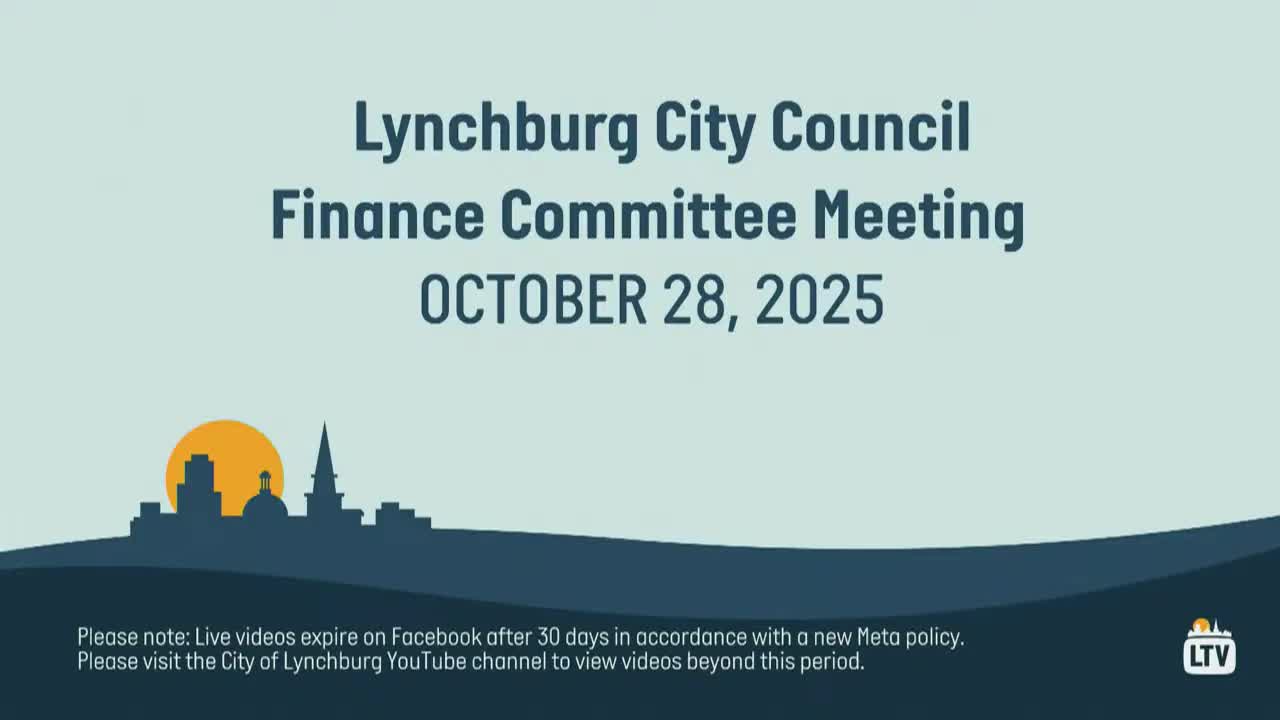Council approves housing authority conduit for redevelopment of 1300 Campbell Ave
Get AI-powered insights, summaries, and transcripts
Subscribe
Summary
The council authorized the Lynchburg Redevelopment Housing Authority to serve as conduit for up to $30 million in revenue bonds for the planned renovation of the former Barker-Jennings building at 1300 Campbell Ave into about 120–125 workforce housing units.
Lynchburg City Council approved a request to have the Lynchburg Redevelopment Housing Authority serve as the conduit issuer for up to $30,000,000 in revenue bonds to finance the redevelopment of the former Barker-Jennings building at 1300 Campbell Avenue.
City staff told council that Astoria Housing Partners asked the housing authority to issue private-activity revenue bonds for a project that would convert the vacant, historic building into roughly 120 to 125 workforce housing apartments targeted at an overall average of about 60% of area median income (AMI), with some units rent-restricted up to 80% AMI. The staff presentation noted that studios would rent at about $930 a month, one-bedrooms at $996 and two-bedrooms at $1,195 under the proposed affordability mix.
The project team said the building, constructed in 1919 and previously rezoned to permit conversion, has been vacant since 2009 and would be rehabilitated as a certified historic structure. Project partner Paul (last name not specified) described the scope as a roughly $50,000,000 renovation and said the plan calls for high-end finishes: “We're going to be able to pay for security. We're going to be able to pay for the things that you need to pay for to have the building be a success,” he said. He added the development team has financing commitments from PIMCO and tax-credit equity through Section 42 historic credits and that Boston Capital will serve as administrative agent during construction.
City staff and the developer said the Lynchburg Redevelopment Authority board has approved issuing the bonds and that there would be no financial obligation to the City of Lynchburg or to the housing authority; the housing authority would receive a 1% administrative fee on issuance (about $30,000 on $30,000,000). Councilor Tom Martin and others expressed support; Martin said he was glad to see a long-vacant building being renovated, calling such structures “eyesores” when vacant. Council voted to authorize the conduit issuance; the motion passed.
Why this matters: The project would add more than 100 workforce housing units in downtown Lynchburg and use historic tax credits and private-activity bond financing. Council approval of the housing authority as conduit is a prerequisite under state code; the Virginia Department of Housing and Community Development administers the allocation of private-activity bonds that are reserved in part for housing authority projects.
The council action authorizes the housing authority to serve as conduit issuer; additional approvals will be required as financing and construction proceed. The developer said the long-term debt after tax-credit equity is expected to be about $10,000,000 and that the project will include 96 parking stalls and on-site management. No date for construction start was specified in the presentation.
